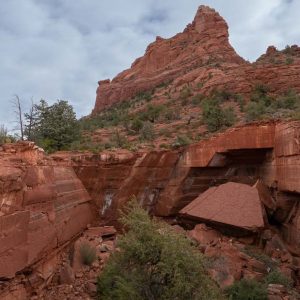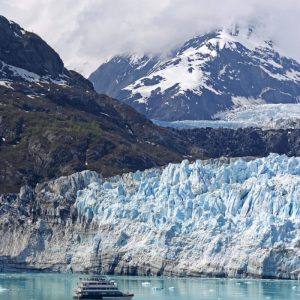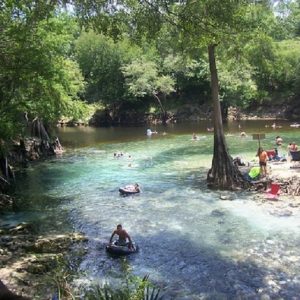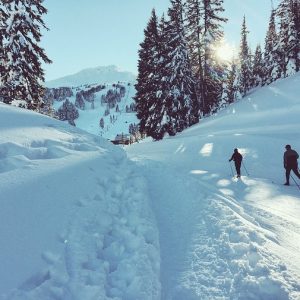The votes for our 2023 Best Of Travel Awards have been tallied and every pick is a winner. To those who selected these hidden gem national parks — nice work. I’m a retired NPS ranger and you’ve picked some of my personal favorites; parks loved by many of my friends and co-workers as well. Here are your top picks:
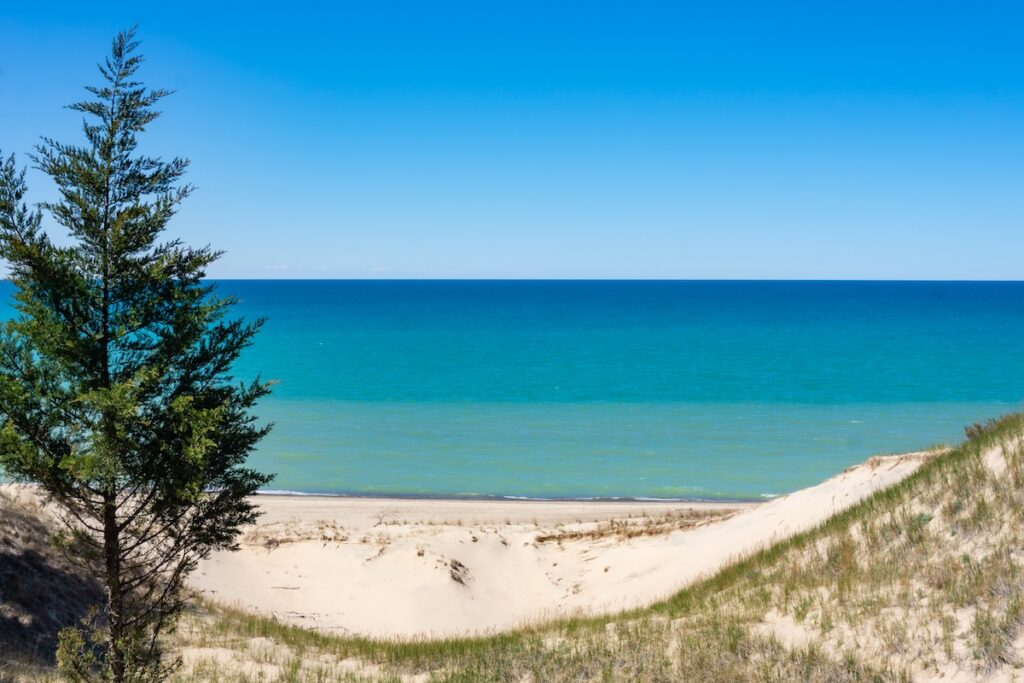
Contents
- 1. Indiana Dunes National Park (Winner)
- 2. Glacier Bay National Park And Preserve
- 3. Great Sand Dunes National Park And Preserve
- 4. Saguaro National Park
- 5. Petrified Forest National Park
- 6. Virgin Islands National Park
- 7. Big Bend National Park
- 8. White Sands National Park
- 9. Biscayne National Park
- 10. Black Canyon Of The Gunnison National Park
- 11. North Cascades National Park
- 12. Theodore Roosevelt National Park
- 13. Dry Tortugas National Park
- 14. Channel Islands National Park
1. Indiana Dunes National Park (Winner)
Indiana
The term “hidden in plain sight” was invented to describe this hidden gem. You don’t have to travel to the tundra, or to the Caribbean, to find it. Head to Chicago, turn left at Gary, Indiana, go past the steel mill at Burns Harbor, and you’ll end up at a geological wonder that surprisingly is a wonderland of biological diversity.
Yes, smack dab in the industrial heartland, you’ll find an amazing variety of plants and animals. In fact, the NPS ranks it as fourth in all of the parks in the diversity of its living things. Bird watchers rank it as one of the best birding areas in the country.
Its biological makeup comes from a diversity of habitats. There’s the lake, the dunes, the wetlands, the prairie grasses, the pines, maples, oaks, and more.
There’s also a great variety of hiking. Hiking the dunes is a thigh-burning way to get your steps in (yes, there are boardwalks, but the boardwalks have stairs). But with 50 miles of trails, many of them gently flat and some paved, the park is a treasure waiting to be discovered.
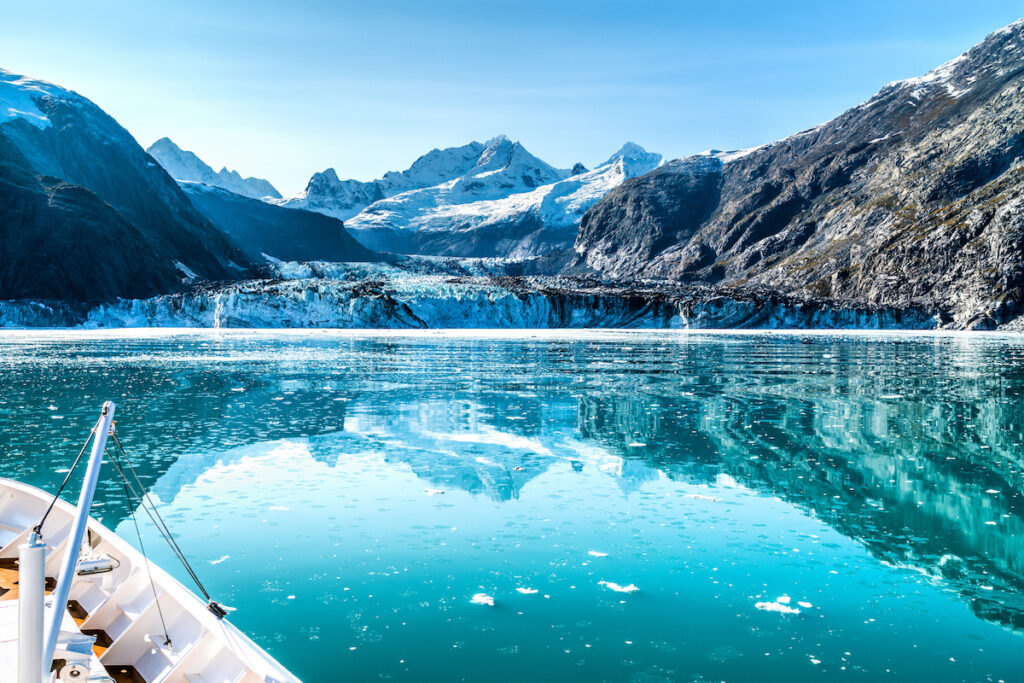
2. Glacier Bay National Park And Preserve
Gustavus, Alaska
At the other end of the “nearby” scale is Glacier Bay in Alaska. It’s not that it’s hard for most visitors to get there — they let the captain drive. Cruise ships are the primary means of visitor access to Glacier Bay. So for most, planning your trip means planning your cruise; not a bad way to visit a park.
If you cruise to Glacier Bay, rangers will board your ship to give interpretive talks. Some cruise lines even have retired rangers on board to give programs, not in Glacier Bay, but during the rest of the cruise.
If you want to see Glacier Bay, unlike most others, you’re going to need to fly or take a ferry into Gustavus and get a ride (likely a taxi van) into Bartlet Cove on the one road with access to the park. From there, you can hike, camp, kayak, and explore the park on the dayboat. This is not as luxurious as the cruise experience but provides a much more intimate visit to this hidden gem.
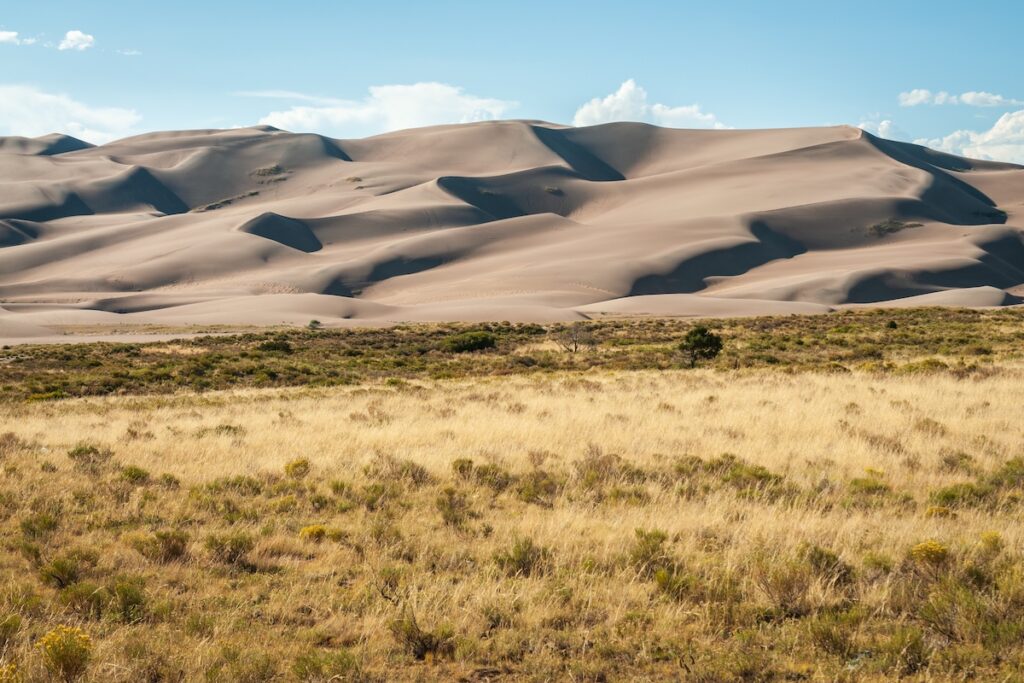
3. Great Sand Dunes National Park And Preserve
Mosca, Colorado
Mounds of sand seem to be a running theme on this year’s list, so let’s get to our second sandpile on the list, and the absolute tallest: Great Sand Dunes.
Great Sand Dunes is a celebration of sand. Not only can you hike the dunes (it’s not easy), but you can sled them (now we’re talking). You can rent sand sleds or sandboards outside the park for an experience you’ll never forget.
If gravity isn’t something you choose to play with, there are other fun activities in the park including wading in Medano Creek. The creek runs in the spring — May is usually the best month.
There’s a campground, but to really get the ultimate dune experience, get a backcountry permit at the visitor center and camp in the dunes. Your overnight reward is experiencing the dunes under the sky of an International Dark Sky park — unforgettable.
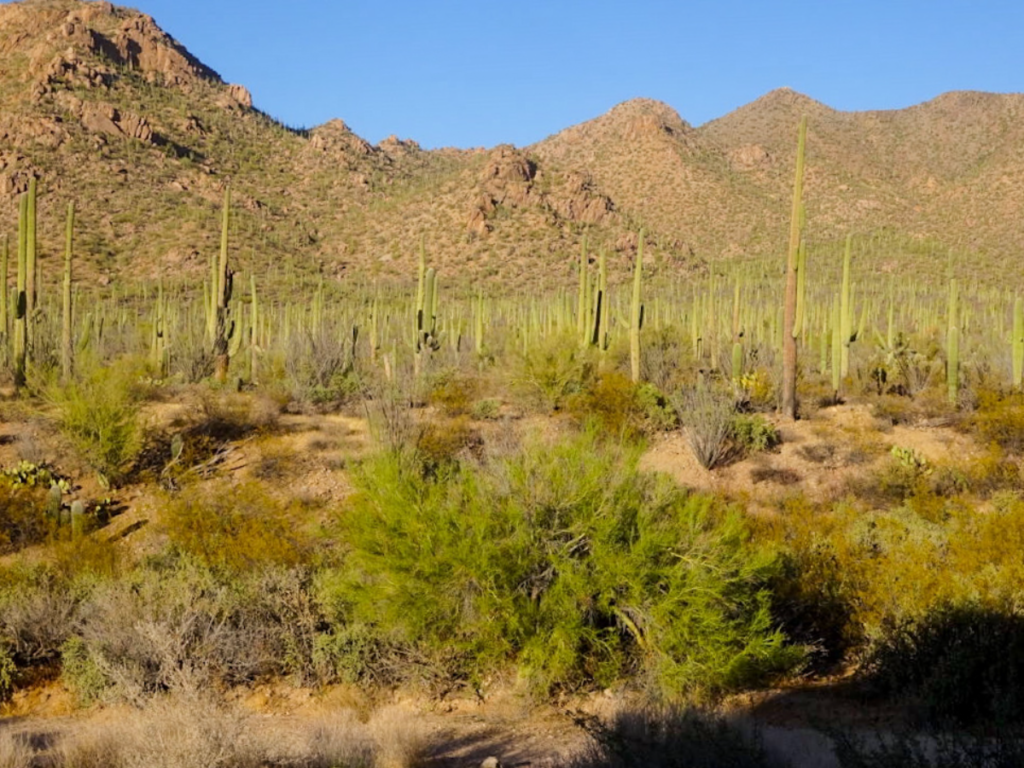
4. Saguaro National Park
Tucson, Arizona
Saguaro is in a desert, so there’s a bit of sand, but it’s not the sand that makes this park amazing; that’s the job of the iconic Saguaro cactus.
The Saguaro is the largest cactus in the U.S. It can reach 40 feet tall. That’s even more impressive when you find out that it may take a decade for a baby saguaro to reach one inch in height.
While the park has plenty of great trails to hike, it’s also very, very car-friendly. Scenic drives are made even more scenic when experienced at sunrise or sunset. It also gets you out of the heat of the day if you’re there during the summer.
If you’re out for a drive, the park has plenty of picnic areas with shaded structures to enjoy during your travels. The Desert Ecology Trail on the east side of the park is an easy hike with exhibits and plentiful benches along the way. The Desert Discovery Trail is its counterpart on the west side of the park.
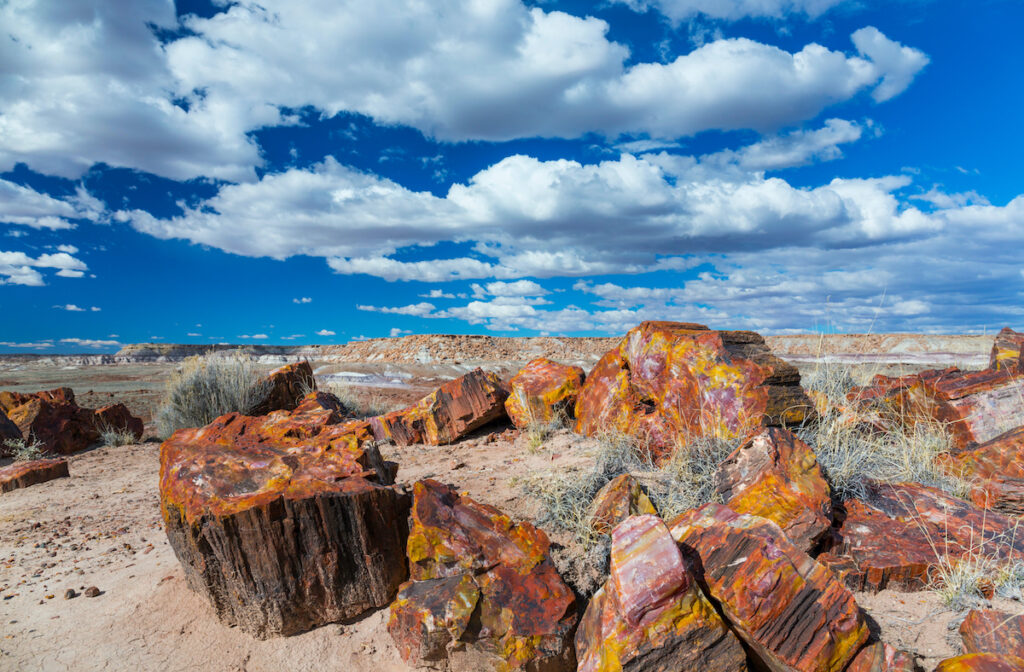
5. Petrified Forest National Park
Arizona
A traditional visit to Petrified Forest involves seeing petrified wood and is experienced by car — there are nearly 30 miles of road with plenty of stops and places to get out for a walk.
While you may expect a geological story that’s well-preserved, you’ll also be surprised at the human history of the area. Dating back to the end of the last Ice Age, you’ll see how remarkably well-preserved the structures and artifacts are as well.
For those looking for a less-traditional visit, there’s the park backcountry (it’s extensive). While the wilderness area — the first in the NPS — is other-worldly.
6. Virgin Islands National Park
St. John, Virgin Islands
More sand, but this time, white sand with turquoise water.
And like Glacier Bay, many visitors to Virgin Islands National Park come on cruise ships. However, here, they can get off the ships and explore the park and the waters. That may be a good thing if you’re one of the passengers, but if you are here to get away from it all, you should plan the timing of your beach visit to avoid the cruise ship rush.
The key to a Virgin Islands adventure is getting in the water with a mask and snorkel. There’s so much underwater — and the water is so clear — you’ve got to give it a go. Whether you bring your own equipment or rent locally, much of this hidden gem will remain hidden without them.
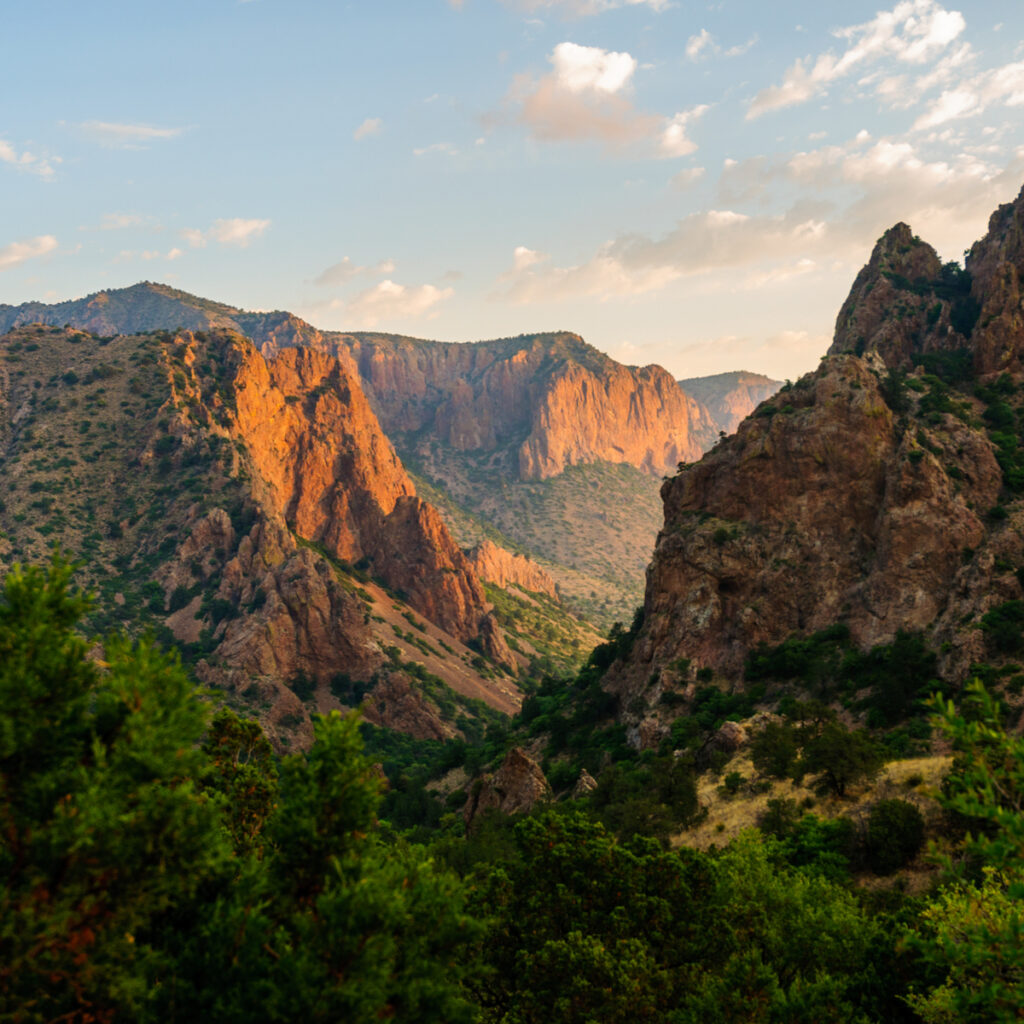
7. Big Bend National Park
Texas
The park is often a winter destination because summers get so hot. Winters can get chilly, however, and many people aren’t prepared for elevation gain in Texas. Layering is appropriate in the cooler times of the year.
Known for its rugged desert landscapes, mountainous terrain, and sheer canyon walls, this less-traveled park isn’t big on parking. Some parking lots can get relatively crowded in peak season.
From hiking up the Chisos Mountains to hiking down in the lower elevations of Santa Elena Canyon along the Rio Grande River, Big Bend offers an outdoor experience that is surprising in its diversity.
The park is home to black bears and mountain lions, and is a great place for birders.
8. White Sands National Park
New Mexico
There are a couple of differences between the sands of Virgin Islands National Park and those of White Sands National Park: one is white Caribbean sand while the other is a mineral called gypsum, like in drywall. So it’s a good thing that all that water isn’t there. It’s the desert that makes the park the way it is.
And the way it is is awesome! You can hike or go sand sledding. Try early morning and late afternoon to see how the lighting affects the dunes.
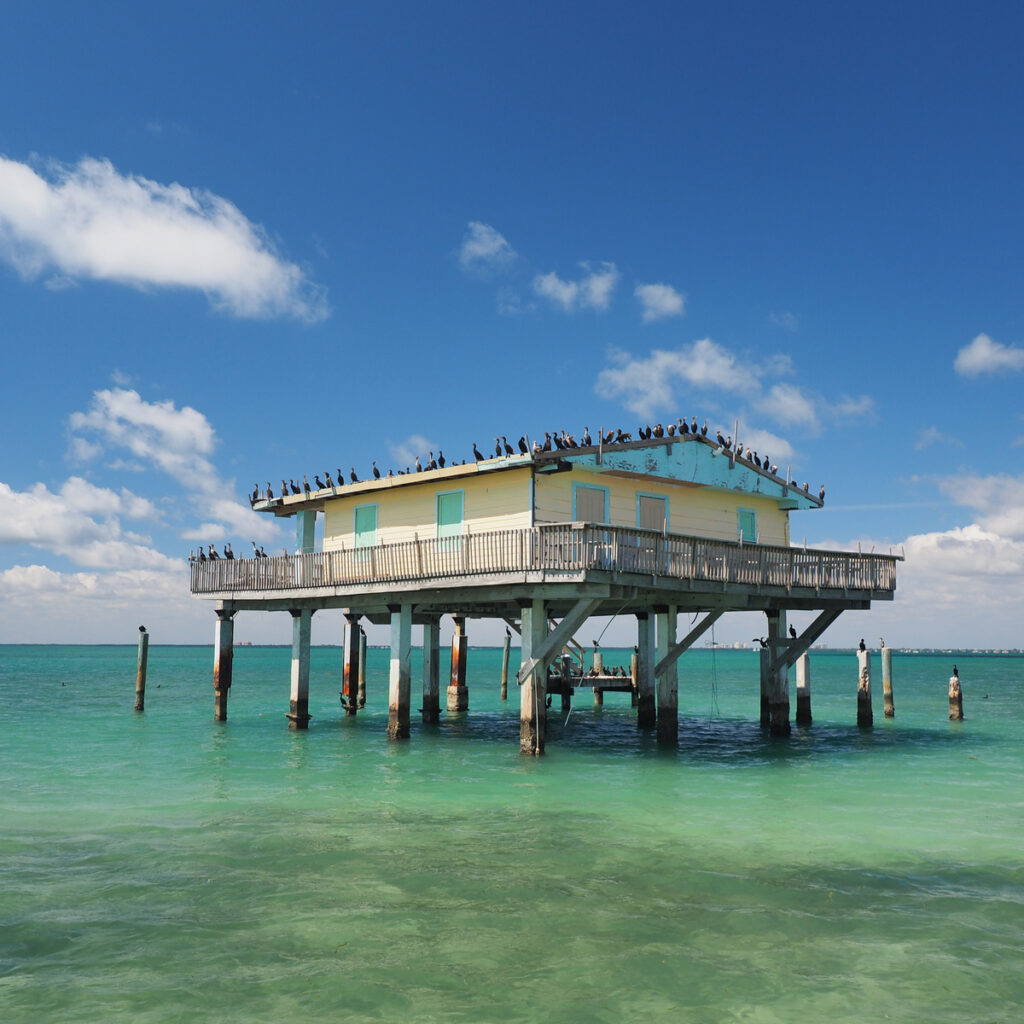
9. Biscayne National Park
Homestead, Florida
Biscayne is mainly a water-based park. You’ll enjoy it most by being in a boat, fishing park waters, or under the water snorkeling or scuba diving. There are incredible reefs and marine life for viewing in crystal-clear waters.
For those who don’t want to spend all their time on the water, take to the sand for camping on Elliott and Coca Chita Keys, or hiking on Elliott Key. You’ll need a boat to get there.
For the boatless, there’s a lot of cultural and natural history to take in, as presented in the Dante Fascell Visitor Center.
10. Black Canyon Of The Gunnison National Park
Montrose, Colorado
It’s an amazing canyon, views from the car are fantastic, and you can take one of several hikes for even more amazing vistas of this spectacular canyon.
It’s carved through rock that’s a billion years old and at the bottom is a wild river — so wild that it’s un-boatable in some sections.
If you’re eager to get in the water — maybe even go fishing — head downstream to Curecanti National Recreation Area.
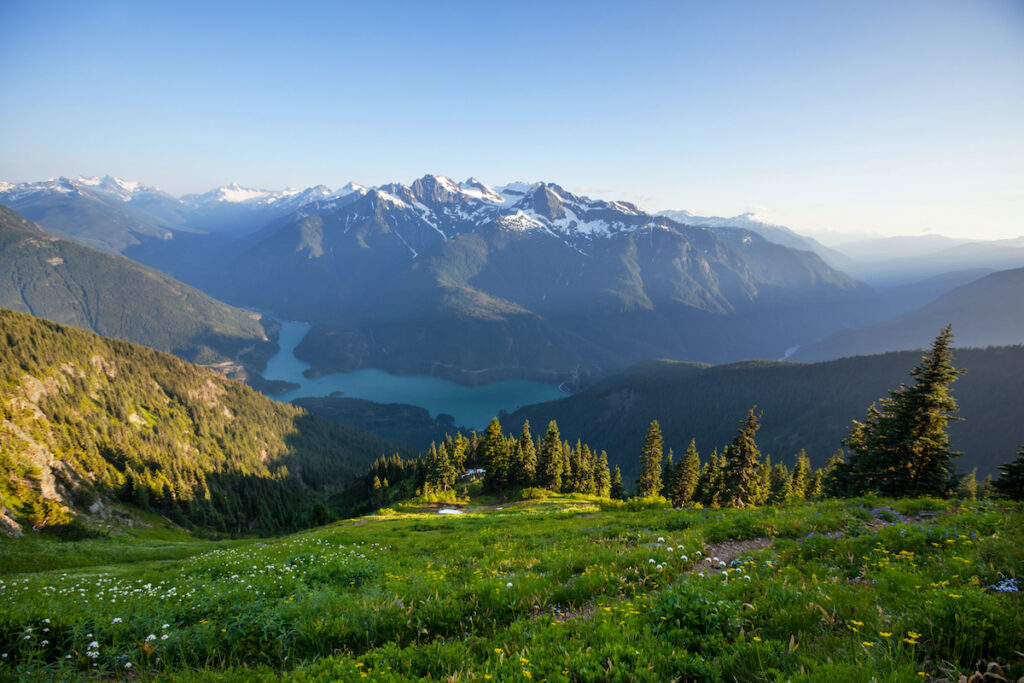
11. North Cascades National Park
Sedro-Woolley, Washington
It’s a bit of a surprise to find North Cascades on this list. Because it’s so much like many of the most popular national parks, I can’t quite grasp it as being “hidden.”
It’s got everything the most popular parks have: mountains, big trees, glaciers, campgrounds, hiking, skiing, fishing, and boating. It has serious wildlife like bears, wolves, deer, elk, and eagles — the works.
Lack of access throughout the park by car is an issue for some. But with the North Cascades Highway heading through the heart of the park, you can get a good sense of the entire park by driving it.
Let’s keep this hidden gem to ourselves while we still can.
12. Theodore Roosevelt National Park
Medora, North Dakota
Theodore Roosevelt is a very welcoming park. The hiking is wonderful but not extreme. The trails are rolling but not ridiculous. There’s a lot to see by driving. The river is beautiful but you can wade across it. Access is easy.
There are badlands, bison and horses, prairies and prairie dogs. It’s a comfortable trip into nature.
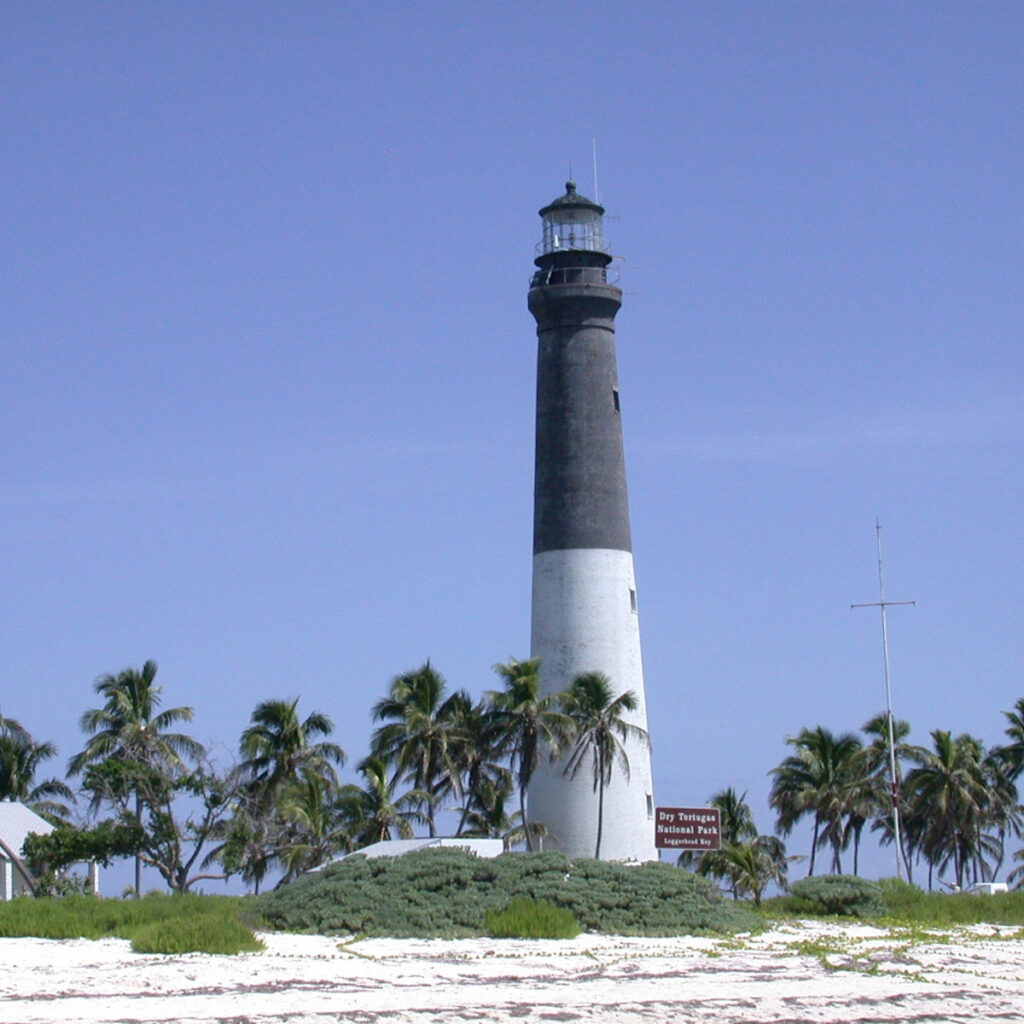
13. Dry Tortugas National Park
Florida
What if you go below Mile 0? US-1 ends at Mile 0 on Key West, but what if you keep going down the keys? You’ll end up at Dry Tortugas National Park.
You’re going to need to take a ferry or seaplane, but the rewards for going beyond are fantastic. There’s Fort Jefferson (a favorite duty station in the careers of many rangers), perfect blue water, sand of course, and even camping. Hidden? Yes. Gem? Definitely.
14. Channel Islands National Park
Ventura, California
The recorded greeting on the phone for Channel Islands used to say “Thank you for calling Channel Islands National Park, the greatest national park in the world.”
It was changed out of modesty, not necessarily inaccuracy.
Like with Dry Tortugas, you’re going to need to take a boat ride booked in advance to access the park.
The islands have no roads but a good amount of trails and camping. You can also book a kayaking trip and explore the waters around the park, where scuba divers and snorkelers enjoy the truly hidden part of this gem.
And of course, you’ll find pristine beaches, tide pools, lagoons, wetlands, an abundance of wildlife — and did I mention sand?
Check out the rest of our 2023 Best Of Travel Awards.
